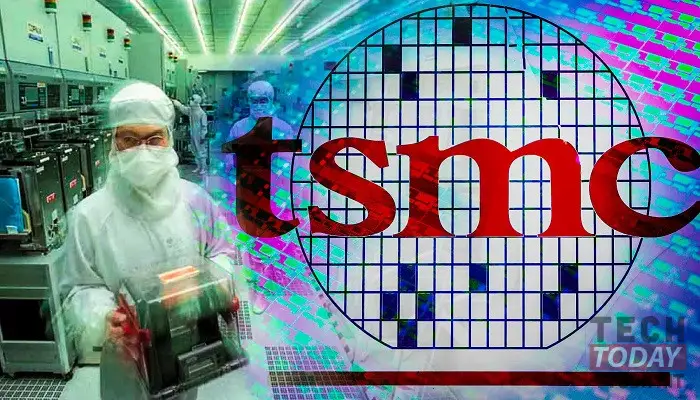
While Europe is talking for some time now about its digital sovereignty in the field of chips and microchips, other countries around the world have been moving in the same direction. In particular Japan e States United they started negotiations to become independent from Taiwan and China production. Specifically we talk about independence of 2nm microcircuits, the most advanced at the moment for the construction of cars and other electronic devices. Let's go see the details of the news.
The chip crisis continues to exacerbate economic relations between world powers as well. Japan and the US want to unite in this regard
In accordance to reported from Nikkei Asia, the governments of Japan and the United States are close to an agreement on cooperation in the production of chips with 2nm technology and even more advanced solutions. Both countries are concerned about their dependence on Taiwan and other suppliers and are looking to diversify their sources. They are also working on a mechanism for prevent the loss of technology, particularly to China.
Currently, Taiwan Semiconductor Manufacturing Co (TSMC) is the leading developer of 2nm technology. The Japanese government has proposed a TSMC to build a plant in the southwestern island of Kyushu to increase domestic chip production, but the plant it will only produce less advanced chips with technology from 10 to 20nm.

The Japanese Minister of Economy, Trade and Industry Koichi Hajuda is on a visit to the United States to meet with the US Secretary of Commerce Gina Raimondo. It is expected that during the same visit the countries will announce chip cooperation. Recall that Japan was concerned about the decline in domestic development and production in the sector. In 1990, the country accounted for approximately 50% of the global semiconductor market with a volume of approximately $ 38 billion. Market share has decreased by around 10%, even as the sector is growing.
Japan's Ministry of Economy, Trade and Industry (METI) attributes Japan's declining dominance to a number of factors, including war commercial US-Japan on chips of memory, Japan's inability to adopt a horizontally integrated manufacturing model, and the delay in digitization.








